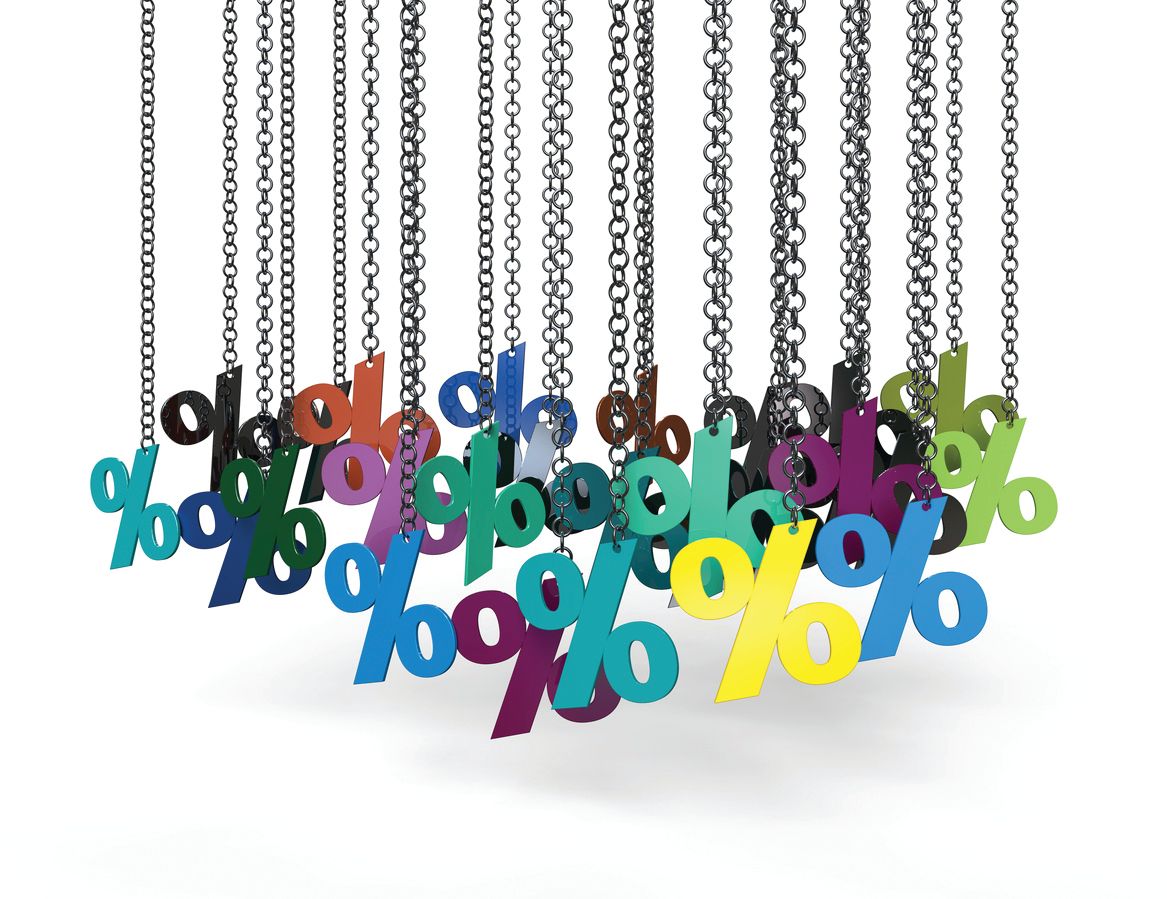
The average standard variable rate has fallen below 8% for the first time since last August, following last month’s Bank of England base rate cut, data from Moneyfacts shows.
The rate now stands at 7.99%, down from 8.18% in March. The rate in August 2023 was 7.85%.
Last month the Bank’s Monetary Policy Committee cut the base rate from a 16-year high by 0.25% to 5%. Its first cut in four years.
However, the Monetary Policy Committee kept the base rate on hold at today’s meeting.
The data firm says: “Many lenders have moved to pass on last month’s 0.25% base rate cut, seeing the SVR fall from 8.16% since the start of August 2024.”
It adds that last September both the average two- and five-year fixed rates were above 6%, at 6.70% and 6.19%, respectively.
Since the start of March this year, the average two-year fixed rate has fallen from 5.76% to 5.56% and the average five-year fixed rate has fallen from 5.34% to 5.20%.
These average rates have fallen from 5.77% and 5.38% respectively since last month.
The firm adds that the rate of a 10-year fixed-rate mortgage has fallen from 5.98% to 5.63% since March of this year.
The rate on this term has fallen from 5.93% since the start of last month. The rate was 5.82% in September 2023.
Moneyfacts finance expert Rachel Springall says: “The mortgage market has seen a bustle of activity over the last month, with the Bank of England base rate cut, and a more favourable swap rate market, creating a positive influence on fixed-rate pricing.
“The expectations for another base rate cut are mixed, but it looks more likely that the next drop could come in November, which is after the Budget [due on 30 October].
Springall adds: “New or existing borrowers will ideally want to see mortgage rates fall further in the months to come, particularly if they are about to come off a cheap fixed deal.
“Any borrower looking at their options today for peace of mind could lock into a fixed mortgage early, but it would be understandable for some to adopt a ‘wait and see’ approach, hoping rates will come down by bigger margins.
“However, when falling off a cheap rate onto a revert rate, borrowers will typically see their monthly repayments rise, so seeking advice to weigh up all their options before their deal ends is essential.”
The group points out that a typical mortgage being charged the current average SVR of 7.99% would pay £383 more per month, compared to a typical two-year fixed rate, based on a £250,000 mortgage over a 25-year term.



